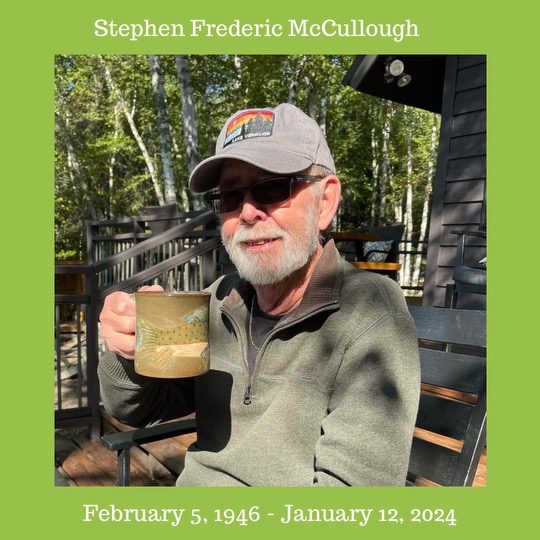Summary
As a therapist, I want to normalize that human relationships and grief can be complicated. Just because someone has died does not mean that they were saints throughout their lifetime. I believe it is important to be able to be authentic and speak our truth.
Reflecting on a complicated father-daughter relationship: Although I don’t usually share things like this on social media, I decided to do so this time. I hope that my father-daughter relationship experience will help others know that they are not alone, if they are dealing with complicated family relationships, estrangement and losses.
Eulogies and tributes in general paint deceased people in an overwhelmingly flattering light. For some reason, people hold fast to “don’t speak ill of the dead”, at the expense of being honest and realistic.
As a therapist, I want to normalize that human relationships and grief can be complicated. Just because someone has died does not mean that they were saints throughout their lifetime. I believe it is important to be able to be authentic and speak our truth.
In Memoriam: Reflecting on a Complicated Father-Daughter Relationship
With a mix of emotions, I announce the passing of my father, Stephen Frederic McCullough, on January 12, 2024, at the age of 77.
Despite becoming a father to me unexpectedly at 19 years old, Dad did his best to meet his parental responsibilities. He left high school before graduating and went to work as a printer to support our family, providing us with a stable life.
One of the advantages of having a young (and sometimes immature) father was having a buddy always ready to throw a football, ride rollercoasters without becoming sick, or cruise around the neighborhood and nearby sand dunes in our blue 1970’s flower-decaled dune buggy. Dad shared the joys of camping, snow skiing, and waterskiing, an appreciation for nature, and passed on his love for boating to me.
Dad made sure that as a girl, I knew I could do anything. He taught me woodworking, how to change tires and spark plugs, and many other tasks that were considered “man’s work”. I remember spending hours with him in his immaculate garage.
One of my favorite stories: After giving me a 30-second rundown on how to operate a stick shift, Dad sent me out alone in my newly purchased Volkswagen, without a backwards glance. Needless to say, it was not a smooth ride, with the car stalling at every red light, and I found my self back home shortly. Dad imparted another 30-second lecture on proper use of the clutch when stopping. From Dad, I learned not to be afraid of anything or anyone.
In the complicated and messy way that life unfolds, the strong and principled feminist I grew up to be eventually lost patience with Dad’s constant disrespectful behaviors toward women. Through infidelity, he caused pain to all the women he shared his life with, repeating a pattern of disloyalty in both of his marriages and his other relationships.
Our relationship strained under the weight of this, leading to a 25-year estrangement. Three years ago, Dad extended a plea for reconnection, a gesture that seemed to come from a place of regret as he confronted the brevity of time while dealing with lung cancer.
During our in-person reunion at a pickleball tournament, Dad spent hours sitting next to me each day, trying to make up for lost time. We both knew there was no undoing what was already done. I found peace in understanding that his flaws came from his wounds – language deprivation in his early years, low-self-esteem, and becoming a parent before he had matured. It was bittersweet and freeing. I could see that Dad was proud to be my father and my daughter’s grandfather. He was looking forward to a road trip next fall to visit my family and enjoy a boat ride at our lake home.
Unfortunately, the visit did not happen because Dad’s health took a turn for the worse. My biological brother, who lived closer to Dad, was apparently threatened by our reconciliation. He abused his medical power of attorney by preventing me from visiting Dad in his final days. He did this despite Dad already having named me his second medical POA and expressing his desire to talk with me when I saw him briefly in the hospital last month. Although it made sense to name my brother, who lived closer, as the primary POA, Dad sadly did not understand the implications of this, nor did he realize that sibling grudges would surface, resulting in the POA being abused by my neurodivergent brother.
In honoring Dad’s memory, I choose to hold onto the blessing of our reconnection and its significance in the broader tapestry of our lives. May the warmth of this and other happy moments endure, and may they serve as a reminder that, even in the face of complexities, there is always room for healing and shared moments of connection.
References:
https://getcarefull.com/articles/how-to-prevent-power-of-attorney-abuse
https://www.choosingtherapy.com/narcissistic-sibling

